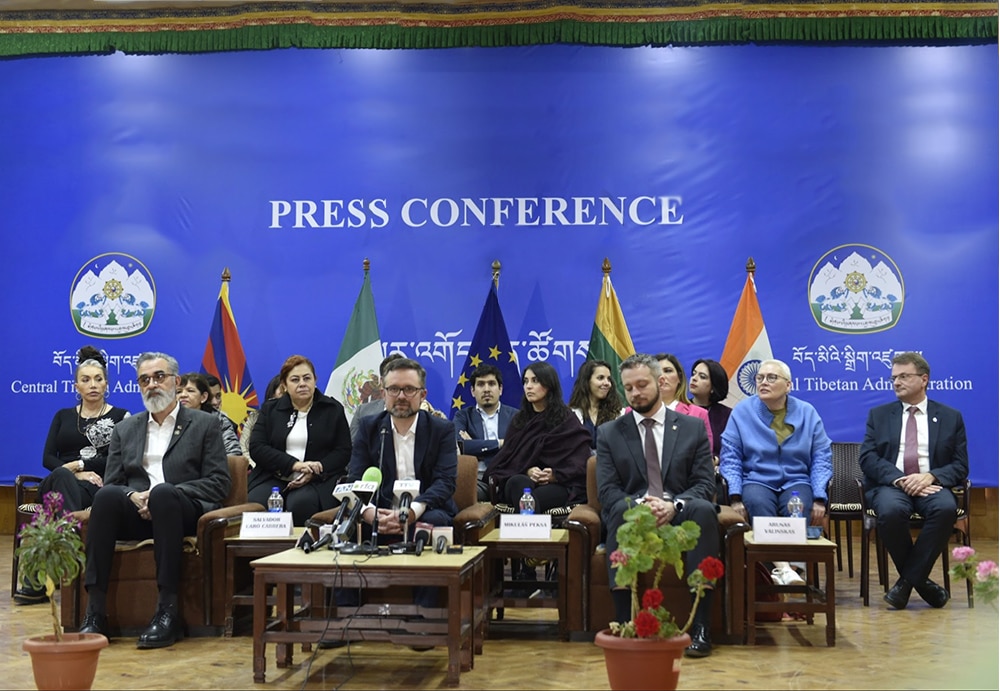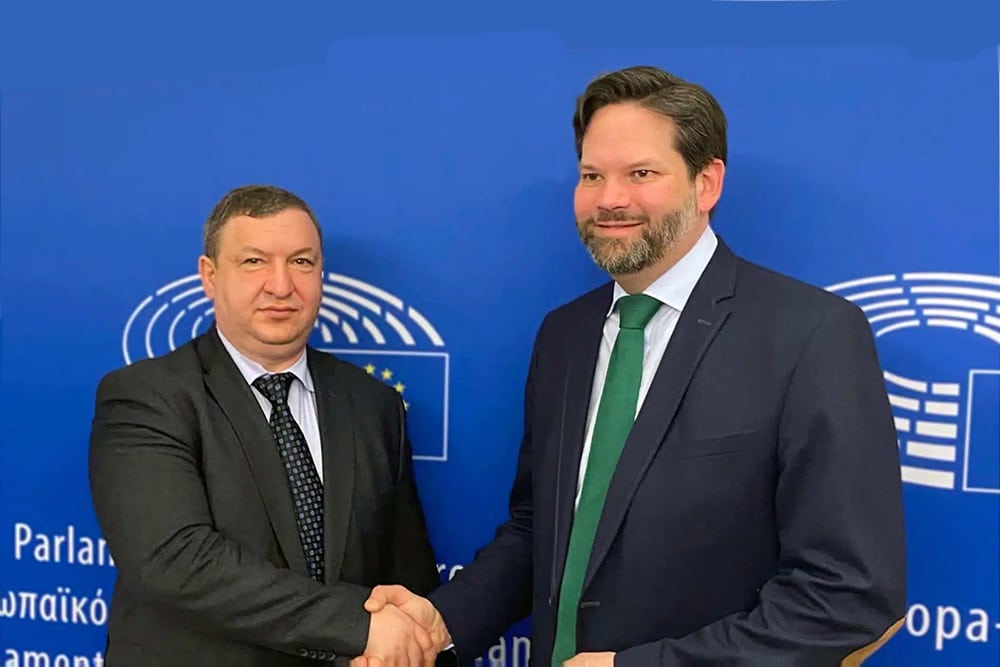The study, released on Monday ahead of the historic UN Water Conference, reviewed household access to WASH services, the burden of WASH-attributable deaths among children under five, and exposure to climate and environmental hazards, revealing where children face the biggest threat, and where investment in solutions is desperately needed to prevent unnecessary deaths.
“Africa is facing a water catastrophe. While climate and water-related shocks are escalating globally, nowhere else in the world do the risks compound as severely for children,” said UNICEF Director of Programmes Sanjay Wijesekera.
“Devastating storms, floods, and historic droughts are already destroying facilities and homes, contaminating water resources, creating hunger crises, and spreading disease. But as challenging as the current conditions are, without urgent action, the future could be much more bleak.”
Displaced children wash their hands outside a public toilet at a camp in Sindh Province, Pakistan.
Crises compounded by armed conflict
The triple threat was found to be most acute in Benin, Burkina Faso, Cameroon, Chad, Côte d’Ivoire, Guinea, Mali, Niger, Nigeria, and Somalia, making West and Central Africa one of the world’s most water-insecure and climate-impacted regions, according to the analysis. Many of the worst-affected countries, particularly in the Sahel, are also facing instability and armed conflict, further aggravating children’s access to clean water and sanitation.
Across the 10 hotspots, nearly one-third of children do not have access to at least basic water at home, and two-thirds do not have basic sanitation services. A quarter of children have no choice but to practise open defecation. Hand hygiene is also limited, with three-quarters of children unable to wash their hands because of lack of water and soap at home.
As a result, these countries also carry the heaviest burden of child deaths from diseases caused by inadequate WASH, such as diarrhoeal diseases. For example, six of the 10 have faced cholera outbreaks over the past year. Globally, more than 1,000 children under five die every day from WASH-related diseases, with around two out of five concentrated in these 10 countries alone.
Accelerated action is needed to ensure safe drinking-water, sanitation and hygiene for all.
Vulnerable to climate threats
These hotspots also rank within the top 25 per cent of 163 countries globally with the highest risk of exposure to climate and environmental threats. Higher temperatures – which accelerate pathogen replication – are increasing 1.5 times faster than the global average in parts of West and Central Africa. Groundwater levels are also dropping, requiring some communities to dig wells twice as deep as just a decade ago. At the same time, rainfall has become more erratic and intense, leading to floods that contaminate scarce water supplies.
All 10 countries are also classified by the Organisation for Economic Cooperation and Development (OECD) as fragile or extremely fragile, with the stresses of armed conflict in some countries threatening to reverse progress toward safe water and sanitation.
For example, Burkina Faso has seen a ramping up of attacks on water facilities as a tactic to displace communities. Fifty-eight water points were attacked in 2022, and more than 830,000 people – over half of whom are children – lost access to safe drinking water in the last year.














